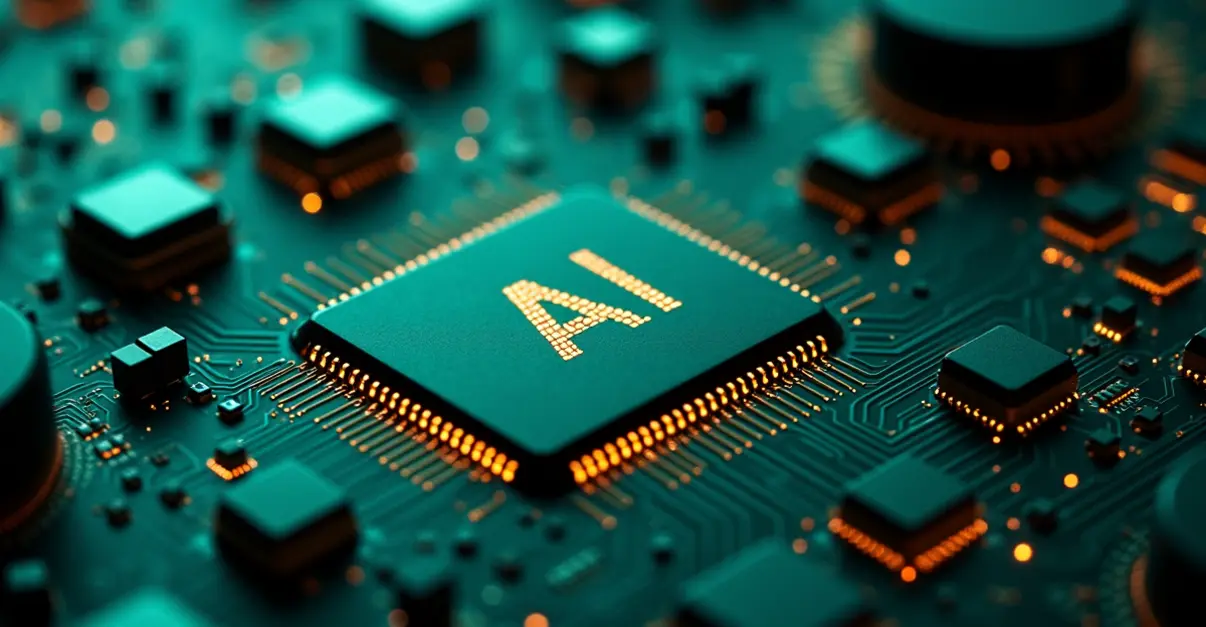Alibaba and Baidu are using their own AI chips instead of Nvidia processors, marking a strategic shift toward domestic technology amid US export restrictions.

Chinese Tech Giants Embrace Homegrown AI Processors
In a significant strategic shift, Chinese technology leaders Alibaba Group and Baidu have begun deploying their internally developed artificial intelligence chips for training AI models, partially replacing Nvidia processors. According to a report from The Information, both companies are actively using their proprietary semiconductor technology in AI development workflows.
Strategic Independence from Western Technology
The move represents a major development in China's technology landscape, where companies have traditionally relied heavily on Nvidia's powerful processors for AI development. Alibaba has been utilizing its custom chips for smaller AI models since early 2025, while Baidu is experimenting with training new versions of its Ernie AI model using the Kunlun P800 chip.
"The competition is unmistakably arrived... We continue working to earn the trust and support of mainstream developers worldwide," stated a Nvidia spokesperson in response to the development.
Geopolitical Pressures Accelerate Domestic Innovation
Increasingly stringent US export restrictions on advanced AI chips to China have accelerated the development of domestic semiconductor technology. Beijing has been pressuring technology companies to utilize homegrown solutions, creating both challenges and opportunities for Chinese tech firms.
Neither company has completely abandoned Nvidia technology. Both continue to use Nvidia chips for their most advanced AI model development. Nvidia's H20 chip—the most powerful AI processor the company can still sell in China—retains superior performance compared to Chinese alternatives, though Alibaba's AI chip is reportedly now competitive with the H20 according to three employees who have used the technology.
Market Implications and Future Outlook
The development signals China's growing self-reliance in critical technology sectors and could further impact Nvidia's Chinese business, which has already been affected by export controls. Nvidia CEO Jensen Huang indicated last month that discussions with the White House about selling a less advanced version of next-generation chips to China would take time.
The company has reached an agreement with President Donald Trump for export licenses in exchange for 15% of the China revenue from its H20 chips, highlighting the complex geopolitical landscape surrounding semiconductor technology.
Source: Reuters

 Nederlands
Nederlands English
English Français
Français Deutsch
Deutsch Español
Español Português
Português

